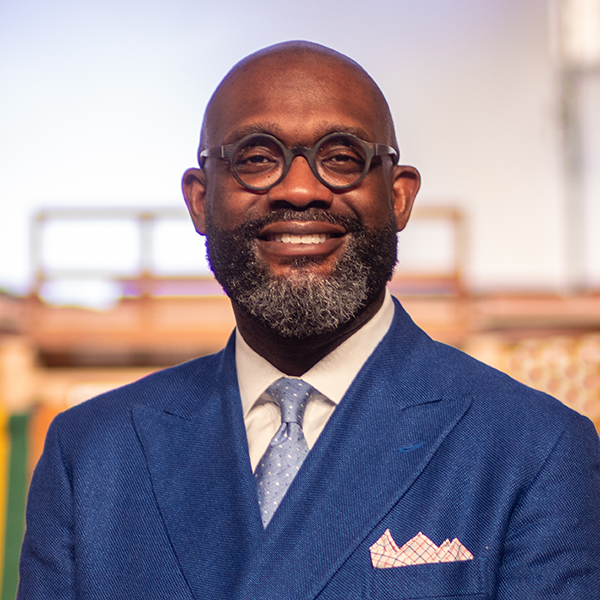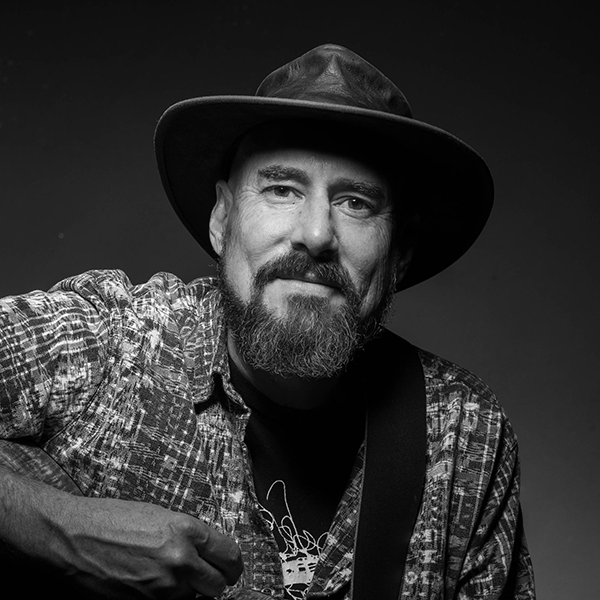When I was in seminary, one of my theology professors declared: “Salvation began with Mary’s yes to God.” My Protestant blood did not curdle at this statement -- perhaps because I am a different kind of Protestant. I was baptized (and later ordained) in the African Methodist Episcopal Church and educated through the sixth grade by the Sisters of the Blessed Sacrament.
Many Protestant preachers have scrubbed Mary out of Scripture and proclamation for fear that the mere mention of her name means they are voting her co-redemptrix or, God forbid, Fourth Person of the Godhead. But my professor was right. Mary is indispensible to the story of salvation in and through Jesus Christ.
We do not have the soaring poetry of the Magnificat in Matthew’s Gospel. There is no cosmic Christ co-creating the universe. No terse kingdom proclamation as in Mark. In Matthew we find a pregnant, young teenager engaged to be married to a man who had not fathered her child. What do we do with young, pregnant girls without the benefit of matrimony in our churches? How do we treat them? What do we call them? The ancient church fathers later called this unwed mother Theotokos -- the God-bearer.
But Mary could not have felt the glorious weight of that vaunted title two millennia ago. The text says that Joseph discovered that Mary was pregnant. Did she tell him? Did she begin to show? Did he catch her in the throes of morning sickness? And what did Joseph think of his wife-to-be? What did he call her in his mind or to her face? What kind of conversations did they have? Joseph did not know who had impregnated Mary. But he knew it wasn’t him.
Joseph was going to call the whole thing off. He was going to do the noble thing, the honorable thing. He would let Mary go quietly, without blogging about her condition. He would do his best to save face and salvage their reputations. But apparently, Joseph’s rational decision-making process was not enough for God. God could not depend on that alone. God used one of the best of biblical standbys -- God spoke to Joseph through an angel in a dream.
Theologically, it is fair to say that God partners with humans in the economy of salvation. But when special circumstances present themselves, as in the birth and protection of God Incarnate, God goes the extra mile. More than likely Joseph would have done the “right” thing. He would have spared Mary disgrace. But God wanted him to do more than the right thing. God wanted him to be, in the words of Pope John Paul II, the Redemptoris Custos, the Guardian of the Redeemer. And in Matthew’s Gospel God seems to be more Augustinian than Pelagian. Humans need divine aid to live into our vocations. We need grace to live as God would have us to live and to do what God would have us to do. So through a dream, God injects a little stimulus into the economy of salvation.
The angel tells Joseph what angels tell humans in Scripture all the time: “Do not be afraid.” In other words, “I know you are afraid, but don’t let fear keep you from acting faithfully.” God has a plan, and Joseph is necessary for the plan to succeed.
First, Joseph must take Mary as his wife. She needs him. And Jesus will need him. Second, Joseph must understand that the child is from the Holy Spirit. Third, he must name him Jesus. A lot to swallow. Maybe Joseph believed everything the angel said. Maybe Joseph was thrilled to obey every word the angel spoke.
But I’d like to believe that Joseph struggled. The fact that God sent the angel to speak to him in a dream seems to point to Joseph’s difficulty. But Joseph struggled in the direction of God. And that makes him all the more saintly.
Joseph’s adoption gives Jesus his Davidic bona fides. And, according to John Paul II, Joseph models for Jesus the life of a just man and husband, work as an expression of love, and the primacy of the interior life. Jesus is formed by Joseph, shaped by Joseph’s faithfulness.
Mary’s yes is indispensible to our salvation. Joseph’s no to doing the “right” thing is also part of the plan. So is Joseph’s yes to becoming the Guardian of the Redeemer.
As Advent draws to a close, let us reflect on the power of yes and no. And may God grant us the vision to see beyond doing right, to see where we are called to participate in the economy of salvation.








